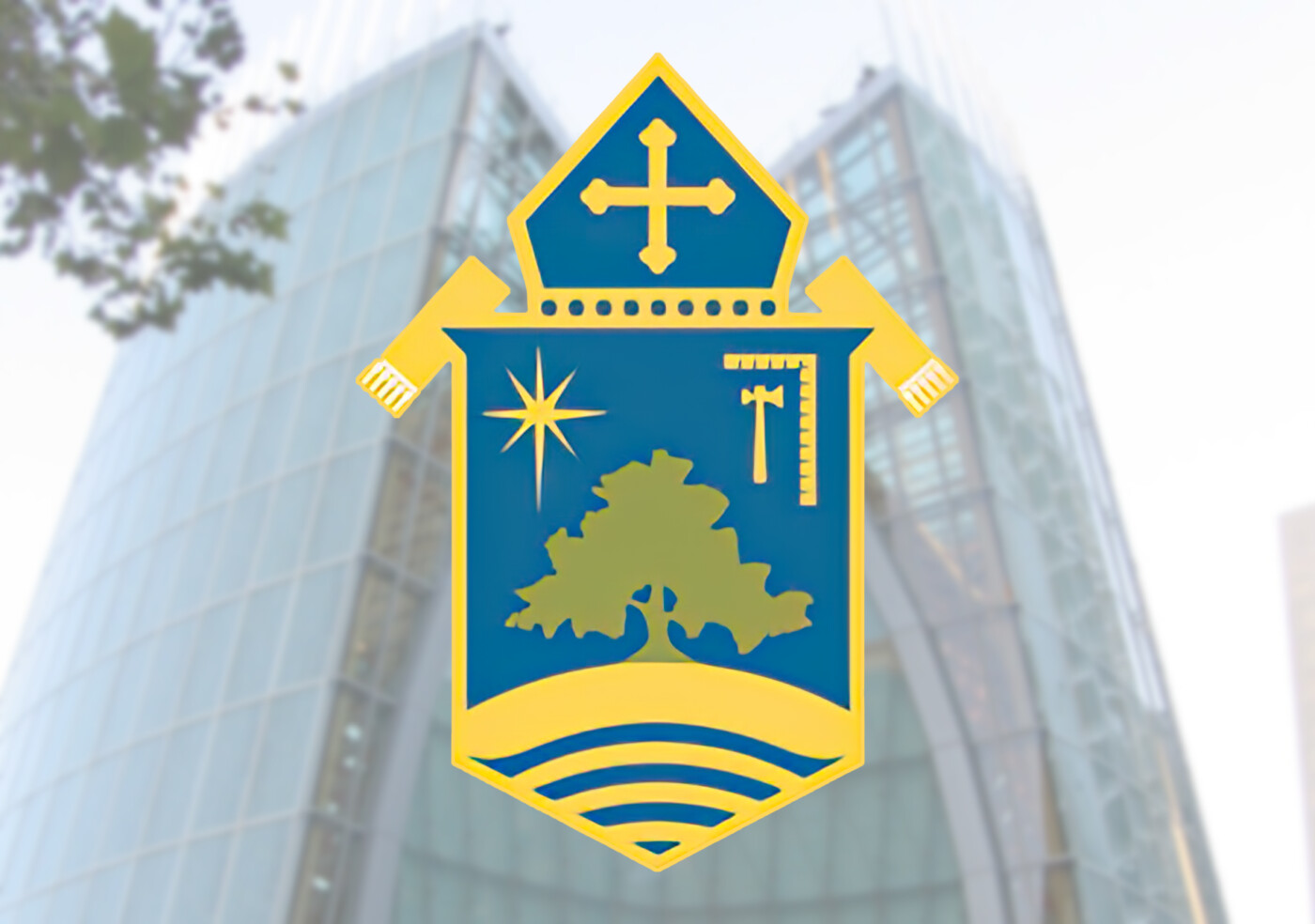Just days after a major Bay Area Catholic diocese filed for bankruptcy in the face of hundreds of potential sex abuse lawsuits, the Diocese of Oakland announced it is seriously considering doing the same.
In a letter to parishioners that was also sent to media outlets Thursday, Bishop Michael Barber said he “is giving strong consideration to filing for Chapter 11 bankruptcy.”
Barber’s letter comes just three days after the Diocese of Santa Rosa filed for Chapter 11 bankruptcy in the face of more than 200 possible sex abuse lawsuits. In both cases, church leaders cite a state law that opened a three-year window allowing childhood sex abuse lawsuits to move forward despite statute of limitations rules that had prevented older claims.
“Since the closing of the filing window on December 31, 2022, we have been informed there may be approximately 330 lawsuits filed against our diocese,” Barber said.
“After much prayer and thoughtful advice, I believe bankruptcy can provide a way to support all survivors in their journey toward healing in an equitable and comprehensive way,” Barber said. “It will also allow the diocese to reorganize our financial affairs so we may continue to fulfill the sacred mission entrusted to us by Christ and the Church.”
In a FAQ section on the diocese website, church leaders said the possible decision to file for bankruptcy is not intended to minimize its responsibilities to survivors of sexual abuse. The Chapter 11 process is transparent and “allows all claimants equal access and an equitable share in the assets available to pay claims” while also allowing the church to continue its “mission as the Catholic Church in Alameda and Contra Costa counties,” according to the website.
The church has “limited cash reserves” but insurance and the potential sale of underutilized assets could also help pay some of the claims, according to the website.
A lawyer for a firm representing nearly 100 people with sex abuse claims against the Diocese of Oakland said the potential bankruptcy filing is a strategy to sidestep full transparency and accountability.
“It is, unfortunately, another stab at hiding information regarding perpetrators and the crimes committed by and through the church, as well as their assets and financial information, for the benefit of the church at the expense of those who have been seriously harmed as children,” said Jennifer Stein of Jeff Anderson and Associates.
Stein said it’s a tactic that’s been used by more than 20 dioceses around the country because, in part, it changes the legal focus away from the facts of the cases and puts it on the church’s ability to stay afloat financially. Stein said she expects to see more such bankruptcy filings in the near future.
“These are institutions that have wronged children for decades and have put their own interest and their own financials above the safety of children time and time again,” she said.
A spokesperson for the diocese said there is not yet a timeline for when a decision about filing for bankruptcy will be made.
